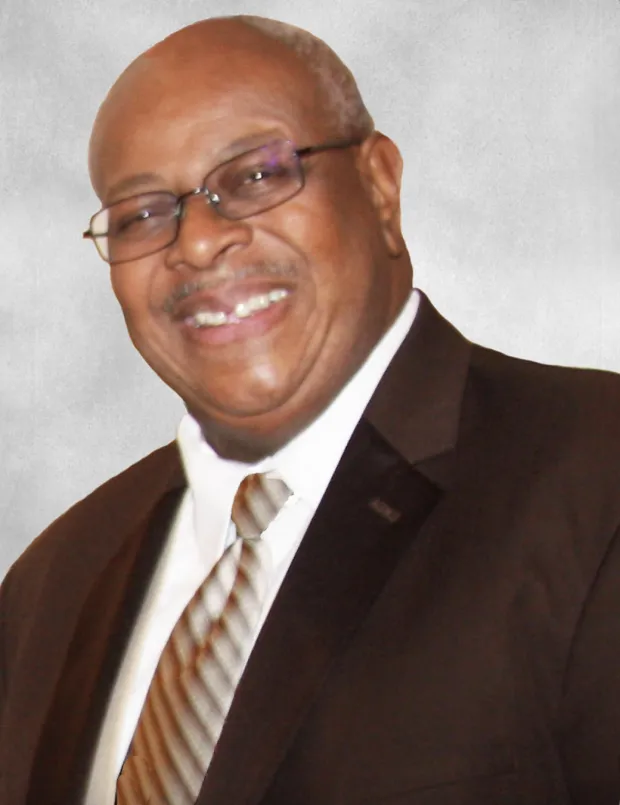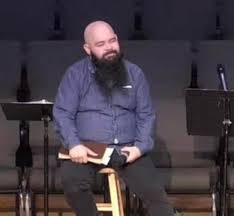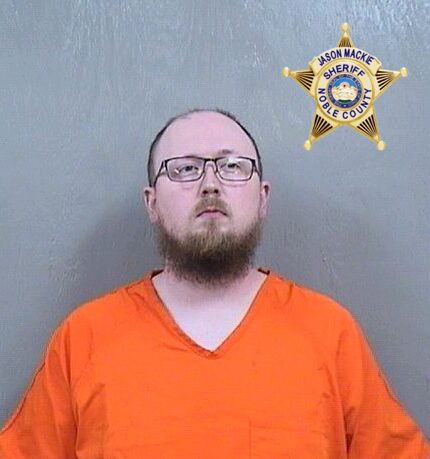
The Black Collar Crime Series relies on public news stories and publicly available information for its content. If any incorrect information is found, please contact Bruce Gerencser. Nothing in this post should be construed as an accusation of guilt. Those accused of crimes are innocent until proven guilty.
Allan Jones, pastor of Lifeway Church in Indianapolis, Indiana, pleaded guilty to child pornogpraphy possession and will spend the next six months in jail.
A former Baptist church pastor will spend six months in jail after pleading guilty to child pornography possession.
Allan Kyle Jones, 50, was arrested in August 2023 on multiple charges after explicit images of minors were found on his phone, according to officials.
Baldwin County Sheriff’s Office deputies received a cyber tip from a company that monitors illegal online activity, prompting the investigation.
None of the children in the images seemed to be from the area, officials said at the time.
Jones pleaded guilty to one of the charges and received a 10-year sentence, split to serve six months in jail and three years of probation, plus various fines and court costs.
Jones was the pastor of Lifeway Community Church on Thompson Road.
The pastor of a Loxley church, which routinely hosted homeschool and youth fine arts activities, is being accused of possessing pornographic videos and photographs of young girls.
Allan Kyle Jones, 48, pastor of Lifeway Community Church in Loxley, is facing four criminal charges for possessing sexually explicit images. He was arrested Tuesday morning by the Baldwin County Sheriff’s Office (BCSO) and released several hours later on a $60,000 bond.
Cpt. Andre Reid with the Baldwin County Major Crimes Unit stated his office has been investigatingJones for several weeks after receiving a tip. He said detectives collected enough details to establish probable cause and obtained a warrant to search Jones’ cell phone.
“Mr. Jones has been charged with four counts of possession of obscene material containing the visual depiction of a person under 17 years of age. This investigation is still ongoing, and evidence is being analyzed,” he said.
Additional charges may be added once BCSO completes its investigation, Reid said.
A criminal complaint detailing Jones’ accusations was made public Thursday afternoon, Aug. 31. That document states Jones was arrested and charged after law enforcement officers confirmed the presence of images and video of “prepubescent” girls on his Samsung Galaxy S21 Ultra cell phone.
The U.S. Sentencing Commission states prepubescent children are generally 13 years old or younger and lists sexual attraction to this age group among the criteria for pedophilia.
According to court filings, Jones had numerous explicit images of female minors and a 4-second video of a girl pulling down her pants. Those materials were reportedly downloaded on Aug. 25 and depict the girls showing their anus, vagina and breasts while they pose.
The state’s online court database lists Jones’ wife and mother as witnesses, in addition to a confidential source. It does not specify who made a report or how the witnesses are involved in the case. Fairhope attorney Patrick Prendergast is representing Jones.
“[Mr. Jones] maintains his innocence and looks forward to the facts coming out in court,” Prendergast said in a statement.
A preliminary hearing has been scheduled for Oct. 5.
According to state license records, Lifeway Community Church was formed in 2001. The church’s website states Jones has been the pastor since 2015. A home address on Jones’ booking sheet is identical to the church’s address; he reportedly lives in a residence on church property.
The church is listed as a member of the Baldwin Baptist Association, which serves area Southern Baptist churches. It’s the denomination’s policy for affiliated churches to autonomously govern themselves.
….
A review of Lifeway church’s online profiles and other pages suggests homeschool students would have been commonly present at the church building through various fine arts programs. A source who has attended homeschool events at Lifeway described the church as a hub for homeschool activities and said Jones had “entrenched” himself in the homeschool community. Authorities have given no indication Jones had inappropriate behavior with children at the church.
Various social media pages for Baldwin County homeschool families and events indicate workshops and events for homeschooled students were regularly hosted at Lifeway church.
One post promoting a homeschool expo stated, “The Jones family is always there to help anyone in need, especially our local homeschool community! Pastor Allen Jones is the pastor of Lifeway Community Church in Loxley. They have hosted many homeschool events at their church and have been so welcoming.”
Additionally, the church regularly hosted the Impact Youth Theater group and accommodated other homeschool-oriented fine arts organizations, such as choir and orchestra. Jones’ LinkedIn profile indicates he has professional acting experience and has participated in community theater productions.
It is currently unclear if Jones plans to continue to act as Lifeway’s pastor or if the conditions of his bond will prevent the church from holding youth events while his charges are pending.
Bruce Gerencser, 68, lives in rural Northwest Ohio with his wife of 47 years. He and his wife have six grown children and sixteen grandchildren. Bruce pastored Evangelical churches for twenty-five years in Ohio, Texas, and Michigan. Bruce left the ministry in 2005, and in 2008 he left Christianity. Bruce is now a humanist and an atheist.
Your comments are welcome and appreciated. All first-time comments are moderated. Please read the commenting rules before commenting.
You can email Bruce via the Contact Form.









